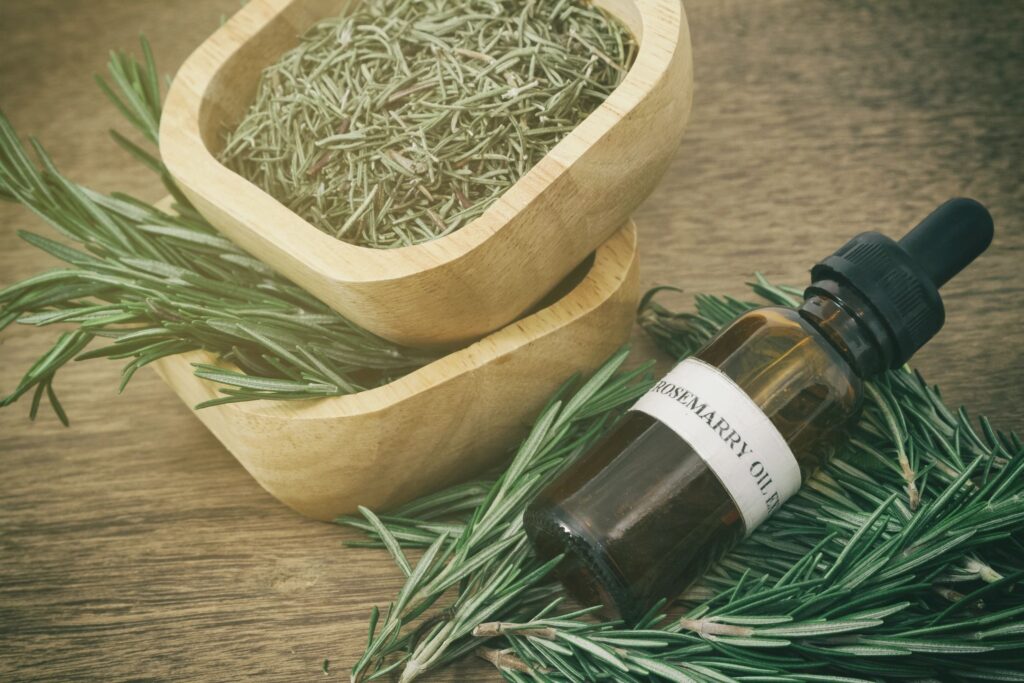
These are sites that I use to order essential oils:
Aromatics International https://www.aromatics.com/
Doterra https://mydoterrra.com/onehealthylemon
Natures Oil: https://Naturesoil.com?ref=karenfritch2
Plant Therapy https://www.planttherapy.com/
Rocky Mountain Oils
If you have ever enjoyed the scent of a rose, you’ve experienced the aromatic qualities of essential oils. These naturally occurring, volatile aromatic compounds are found in the seeds, bark, stems, roots, flowers, and other parts of plants. Essential oils provide plants with protection against environmental threats and play a role in plant pollination. In addition to their intrinsic benefits to plants and they’re being beautifully fragrant to people, essential oils have long been used for food preparation, beauty treatment, and healthcare practices. Plants produce aromatics for protection, reproduction, and communication. https://www.ncbi.nlm.nih.gov/pmc/articles/PMC6155610/
Aromatherapy 101
What is aromatherapy?
Aromatherapy is the use of essential oils from plants for healing. Although the word “aroma” makes it sound as if the oils are inhaled, they can also be massaged into the skin or — rarely — taken by mouth. You should never take essential oils by mouth without specific instructions from a trained and qualified specialist. Whether inhaled or applied on the skin, essential oils are gaining new attention as an alternative treatment for infections, stress, and other health problems. However, in most cases, scientific evidence is still lacking.
What are essential oils?
Essential oils are concentrated extracts taken from the roots, leaves, seeds, or blossoms of plants. Each contains its own mix of active ingredients, and this mix determines what the oil is used for. Some oils are used to promote physical healing — for example, to treat swelling or fungal infections. Others are used for their emotional value — they may enhance relaxation or make a room smell pleasant. Orange blossom oil, for example, contains a large amount of an active ingredient that is thought to be calming.
What is the history of aromatherapy?
Essential oils have been used for therapeutic purposes for nearly 6,000 years. The ancient Chinese, Indians, Egyptians, Greeks, and Romans used them in cosmetics, perfumes, and drugs. Essential oils were also commonly used for spiritual, therapeutic, hygienic, and ritualistic purposes.
More recently, René-Maurice Gattefossé, a French chemist, discovered the healing properties of lavender oil when he applied it to a burn on his hand caused by an explosion in his laboratory. He then started to analyze the chemical properties of essential oils and how they were used to treat burns, skin infections, gangrene, and wounds in soldiers during World War I. In 1928, Gattefossé founded the science of aromatherapy. By the 1950s massage therapists, beauticians, nurses, physiotherapists, doctors, and other health care providers began using aromatherapy.
Aromatherapy did not become popular in the United States until the 1980s. Today, many lotions, candles, and beauty products are sold as “aromatherapy.” However, many of these products contain synthetic fragrances that do not have the same properties as essential oils.
How does aromatherapy work?
Researchers are not entirely clear about how aromatherapy may work. Some experts believe our sense of smell may play a role. The “smell” receptors in your nose communicate with parts of your brain (the amygdala and hippocampus) that serve as storehouses for emotions and memories. When you breathe in essential oil molecules, some researchers believe they stimulate these parts of your brain and influence physical, emotional, and mental health. For example, scientists believe lavender stimulates the activity of brain cells in the amygdala similar to the way some sedative medications work. Other researchers think that molecules from essential oils may interact in the blood with hormones or enzymes.
An aromatherapy massage is a popular way of using essential oils because it works in several ways at the same time. Your skin absorbs essential oils and you also breathe them in. Plus, you experience the physical therapy of the massage itself.
What is aromatherapy good for?
Aromatherapy is used in a wide range of settings — from health spas to hospitals — to treat a variety of conditions. In general, it seems to relieve pain, improve mood, and promote a sense of relaxation. In fact, several essential oils — including lavender, rose, orange, bergamot, lemon, sandalwood, and others — have been shown to relieve anxiety, stress, and depression.
Several clinical studies suggest that when essential oils (particularly rose, lavender, and frankincense) were used by qualified midwives, pregnant women felt less anxiety and fear, had a stronger sense of well-being, and had less need for pain medications during delivery. Many women also report that peppermint oil relieves nausea and vomiting during labor.
Massage therapy with essential oils (combined with medications or therapy) may benefit people with depression. The scents are thought by some to stimulate positive emotions in the area of the brain responsible for memories and emotions, but the benefits seem to be related to relaxation caused by the scents and the massage. A person’s belief that the treatment will help also influences whether it works.
In one study, Neroli oil helped reduce blood pressure and pre-procedure anxiety among people undergoing a colonoscopy.
In test tubes, chemical compounds from some essential oils have shown antibacterial and anti-fungal properties. Some evidence also suggests that citrus oils may strengthen the immune system and that peppermint oil may help with digestion. Fennel, aniseed, sage, and clary sage have estrogen-like compounds, which may help relieve symptoms of premenstrual syndrome and menopause. However, human studies are lacking.
Should anyone avoid aromatherapy?
Pregnant women, people with severe asthma, and people with a history of allergies should only use essential oils under the guidance of a trained professional and with full knowledge of your physician.
Pregnant women and people with a history of seizures should avoid hyssop oil.
People with high blood pressure should avoid stimulating essential oils, such as rosemary and spike lavender.
People with estrogen-dependent tumors (such as breast or ovarian cancer) should not use oils with estrogen-like compounds such as fennel, aniseed, sage, and clary sage.
People receiving chemotherapy should talk to their doctor before trying aromatherapy.